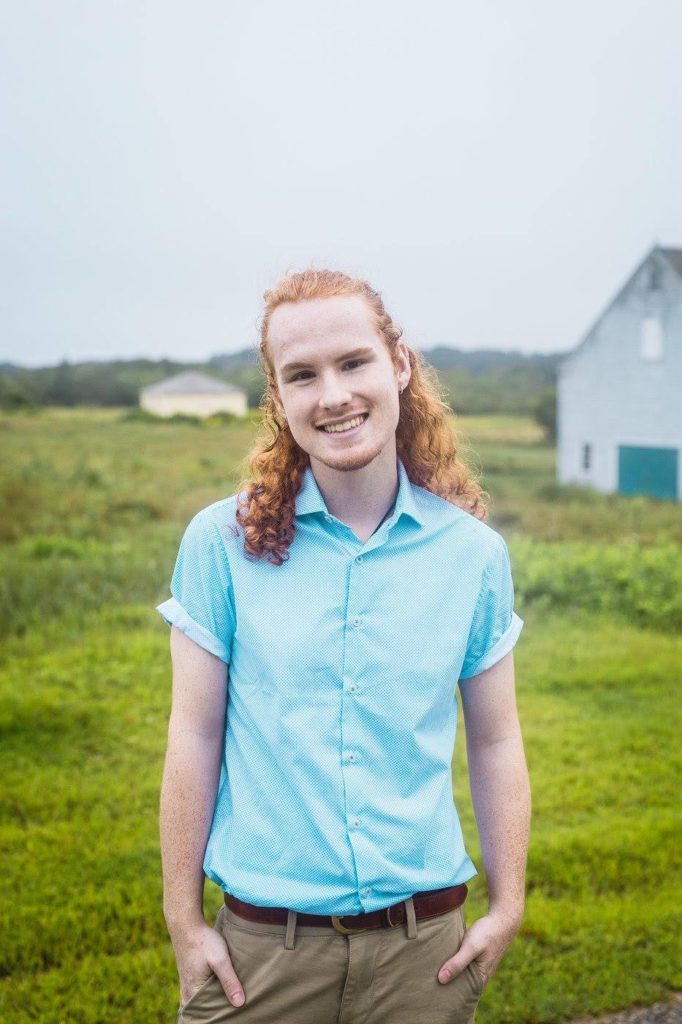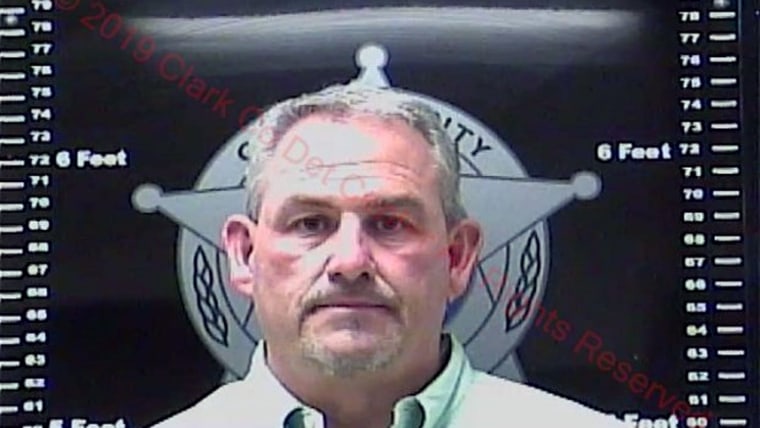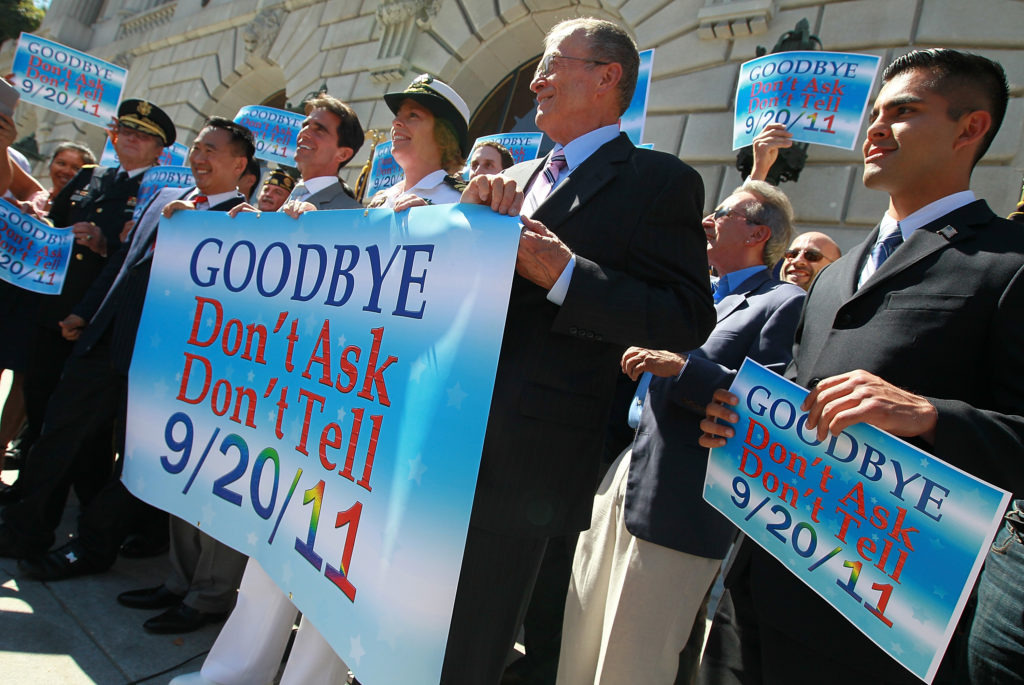Third Judge just Blocked Trump’s Rule allowing Healthcare Discrimination against LGBT People
In a rule change announced on Friday, November 1, the Trump administration said that health programmes receiving grants from government Department of Health and Human Services (HSS) would no longer have to abide by nondiscrimination guidelines protecting LGBT+ people.
The Trump administration changed the regulations in the name of “religious freedom”, and it would also apply to abortions, contraception, gender confirmation surgery, or any other services or people healthcare providers might disagree with “on moral or religious grounds”.
This week, US district judge William Alsup of the Northern District of California joined two other judges in writing off Trump’s new rule.
Alsup wrote in his decision: “Under the new rule, to preview just one example, an ambulance driver would be free, on religious or moral grounds, to eject a patient en route to a hospital upon learning that the patient needed an emergency abortion. Such harsh treatment would be blessed by the new rule.”
He added: “When a rule is so saturated with error, as here, there is no point in trying to sever the problematic provisions. The whole rule must go.”
According to Instinct, Jamie Gliksberg of Lambda Legal which represented the plaintiffs said in a statement: “That is now three judges in two weeks who have recognised the Denial of Care Rule for what it is, an egregious and unconstitutional attack on women, LGBT people and other vulnerable populations.”
Two federal judges have already blocked Trump’s rule allowing discrimination against LGBT+ people in healthcare.
On November 6, US district judge Paul A Engelmayer of New York blocked the rule a little more than two weeks before it was due to take effect, on the basis that it conflicts with Title VII of the Civil Rights Act of 1964.
Donald Trump and the White House had claimed the religious protections were introduced following a “significant increase” in complaints from hospital workers who were being forced to violate their faith by treating LGBT+ patients – but Engelmayer ruled that this was “factually untrue”.
According to Advocate, the next day judge Stanley Bastian of Washington announced that he would also rule against the Trump administration in a lawsuit brought by Washington state.
Washington state attorney general Bob Ferguson added in a press release: “This rule would have disproportionately harmed rural and working poor Washington families, who have no alternatives to their local health care providers, as well as LGBTQ individuals, who already face discrimination when they seek medical care.”




